Will I lose everything if I need long-term skilled nursing care?
(Spoiler Alert – the answer is “no” – if you do some planning)
We have all heard a story of someone who spent every last dime on skilled nursing care for their loved one. You may have even experienced this firsthand. The average cost of a skilled nursing home in Pennsylvania is $10,000 per month. Without careful planning, a stay in a nursing home can easily bankrupt all but the most affluent families.
I know the last thing anyone wants to think about is going into a nursing home, but an estimated 70% of people currently turning 65 will require long-term care in their lifetime, and they will receive care for an average of 3 years. A person with Alzheimer’s disease typically receives nursing home care for 5 years or more, which can result in a bill of over $600,000.
The reason you hear about people spending all of their savings to pay for nursing home care is that medical insurance doesn’t cover that type of care, nor does Medicare. Unless you have long-term care insurance, Medicaid (which is referred to as Medical Assistance in Pennsylvania) is the only entity that pays for skilled nursing care. But you only qualify for Medicaid if your countable resources are less than $2,000!
As a result, people are told that they must “spend down” their assets by paying for nursing home care out of pocket until they have reduced their life savings to $2,000. Unfortunately, people do not seek legal advice (or seek it too late) because there are planning techniques that allow you to keep a lot of your assets and pass along assets to your loved ones. Some examples of these techniques are: Asset Protection Trust; Family Caregiver Agreement; Gifting; Durable Financial Power of Attorney; Medicaid Approved Annuity; and Exempt Transfers.
If you have kids, I’m guessing you would like to pass on at least part of your life savings, your home and land to your children. And, if you don’t have kids, I’m guessing you would prefer to give your assets to family, friends, churches, or charitable organizations rather than give everything to a nursing home or the government.
Is this kind of planning legal? Of course. The government makes the rules governing Medicaid eligibility and these rules allow for planning to qualify for Medicaid without spending your entire life savings. As the United States Supreme Court has held, “The legal right of a taxpayer to decrease the amount of what otherwise would be his taxes, or altogether avoid them, by means which the law permits, cannot be doubted.”
At Rafferty Legal, we know that everyone’s situation is different. There is not one identical plan that works for every single person, but there is a plan that will work for you. It will allow you to protect yourself, your family and your assets. If you are interested in learning about some options, please give us a call (724) 520-2222 or email us: info@raffertylegal.com. We’d be happy to help you!

